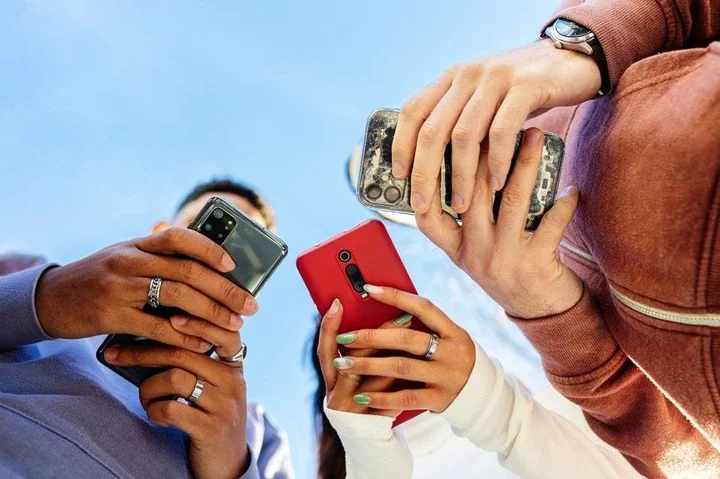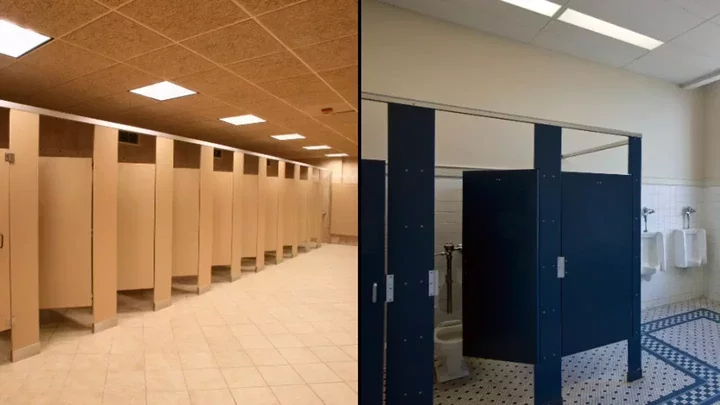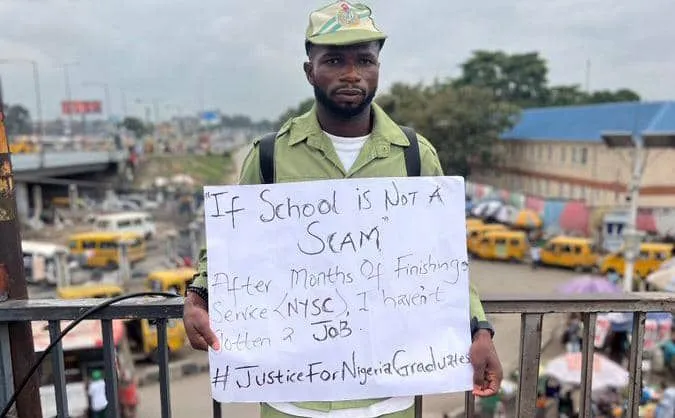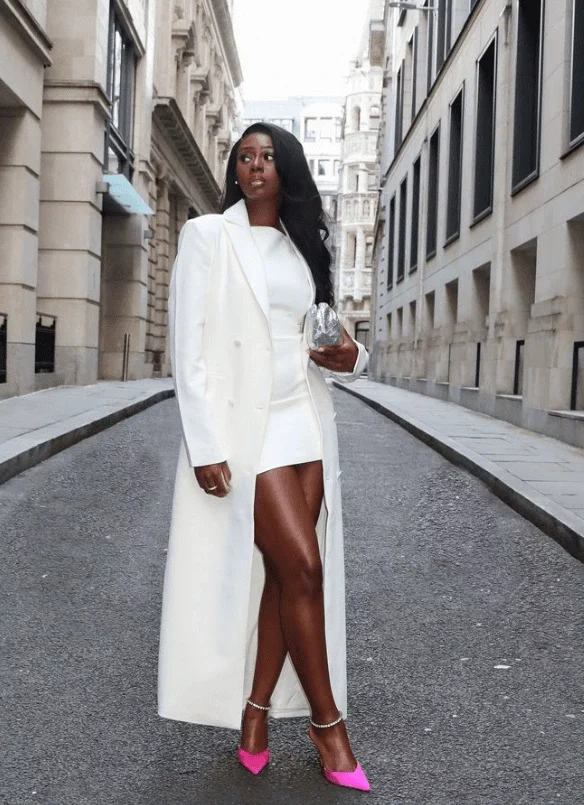
Picture this: you're at a family gathering, and suddenly the room splits into two camps. On one side, you've got your younger cousins glued to TikTok, speaking in what sounds like a foreign language peppered with "no cap" and "periodt." On the other side, there are the slightly older relatives scrolling through Instagram Stories while complaining about how expensive avocado toast has become. Welcome to the most misunderstood generational divide in modern history - the classic Gen Z vs Millennials split - and the shocking truth might surprise you.
Here's what nobody tells you: this isn't just about age or technology preferences. We're talking about two generations with completely opposite approaches to everything - money, work, relationships, and even reality itself. The differences are so dramatic that they're literally reshaping society, and most people have no idea how deep this divide actually goes.
Gen Z vs Millennial Characteristics
What Defines Gen Z?
Generation Z, born roughly between 1997 and 2012, are the true digital natives. These group don't remember a time before smartphones, and they've never known a world without social media. They were practically born with devices in their hands. They're currently between 13 to 28 years old, making them the newest players in the workforce and consumer market.
What makes Gen Z tick? They're not just digital natives - they're digital revolutionaries who've completely rejected traditional paths to success. Having grown up during the Great Recession and now entering adulthood during a global pandemic, they've learned something shocking: the system that worked for previous generations is completely broken. They're not just consuming content - they're monetizing their hobbies, building empires from their bedrooms, and making more money than their college-educated siblings. I do mean lots of money!
Who Are the Millennials?
Millennials, born between 1981 and 1996, are currently aged 29 to 44. They're the generation that bridged the analog and digital worlds, remembering both dial-up internet and the birth of social media. They witnessed 9/11, lived through the 2008 financial crisis as young adults, and have been dealing with economic uncertainty for most of their adult lives.
Millennials are often characterized as idealistic, experience-focused, and tech-savvy (though not quite to Gen Z's level). But here's the shocking reality: they're the generation that's been financially crippled by circumstances beyond their control. They're the first generation in American history expected to be worse off than their parents, yet they're often credited with transforming entire industries - from chain restaurants to department stores to the housing market - though this transformation is largely driven by their different economic reality rather than their preferences alone.
Technology and Digital Habits
Social Media Preferences
Here's where things get absolutely mind-blowing. While both generations are digitally connected, they're essentially living in parallel universes online. It's not just different platforms - it's different realities.
Millennials built their online presence on platforms like Facebook, Instagram, and Twitter. They curated their lives through carefully filtered photos and status updates that doubled as personal branding exercises. For them, social media was about staying connected with friends and building professional networks.
Gen Z? They've completely abandoned Facebook (some literally don't even know how to use it). Facebook to them is referred to as the 'old people's social media' and they use Instagram in ways that would horrify image-conscious Millennials. They're all about brutal authenticity over curated perfection, which is why platforms like TikTok and BeReal have exploded while traditional social media seem to die a slow death.
TikTok vs Facebook: The Platform Wars
The platform preferences tell a story about each generation's values. Facebook represents the Millennial approach: connect with people you actually know, share life updates, and maintain professional connections. It's organized, searchable, and permanent.
TikTok embodies the Gen Z philosophy: authentic, ephemeral, and algorithm-driven. They don't care if the video is perfectly produced; they want it to be real, funny, or informative. The "For You" page has replaced the chronological feed, and viral content matters more than follower count.
Communication Styles
The way these generations communicate is like watching two different species interact. Millennials pioneered text messaging but still remember when phone calls were the norm. They write complete sentences, use proper punctuation, and might even end texts with "Thanks!"
Texting vs Calling Preferences
Gen Z has taken digital communication to another level entirely. They've created their own shorthand that would make a linguist weep: "fr fr," "periodt," "otw." But here's what's fascinating - they're actually more likely to jump on a video call than Millennials, thanks to platforms like FaceTime and Snapchat. No worries, all friends share locations so they even know where one another are a all times.
Millennials, meanwhile, treat phone calls like formal appointments. They'll text first to ask if it's okay to call. Gen Z just hits that video button without warning, and somehow, all is as just as if they are in person. It simply works for them.
Gen Z Work Ethic vs Millennial Career Attitudes
Job Hopping vs Loyalty
The workplace is where generational differences become absolutely explosive, and honestly, it's causing complete chaos in companies worldwide.
Millennials entered the job market during a recession, which shaped their career strategies significantly. They learned to be strategic about job changes, often staying at companies for 2-3 years to build experience and avoid looking like job hoppers. They value career progression, professional development, and work-life balance and still show appreciation for employers.
Gen Z approaches careers like they approach TikTok - they're willing to pivot instantly if something isn't working, and they have zero patience for "paying dues." They've watched Millennials get trapped in corporate systems that led nowhere and decided to completely rewrite the rules. Side hustles aren't just supplemental income; they're often more profitable than their "real" jobs. They often note that employers are lucky they are there.
Work Expectations or Work Ethic?
The pandemic accelerated remote work adoption, but these two generations had different reactions to it. Millennials, many of whom were established in their careers, adapted to working from home and discovered they actually preferred it. They'd already been advocating for flexible work arrangements for years.
Gen Z entered the workforce during the pandemic, so remote work isn't a perk for them - it's the baseline expectation. They've never known a world where you had to choose between career opportunities and geographic location.
Freelance and Side Hustle Trends
Freelance work and side hustles affect both generations, but in different ways. Millennials often use freelance opportunities to supplement traditional employment or as a stepping stone between jobs. Think Uber driving between marketing jobs or freelance writing on weekends.
Gen Z sees freelancing and side hustles as legitimate career paths. They're building personal brands, creating content, and monetizing their skills in ways that would have been impossible just a decade ago. They're not just participating in the freelance economy; they're revolutionizing it.
Money Matters: Financial Perspectives
Spending Habits and Priorities
Money talks, but these generations speak completely different financial languages - and the differences are staggering. Millennials came of age during the Great Recession, which created a traumatic relationship with money that still haunts them today. They're simultaneously cautious savers and stress spenders, popularizing "treat yourself" culture while drowning in student loan debt that will follow them to their graves.
Gen Z watched this financial disaster unfold and learned the most shocking lesson of all: traditional financial advice is completely useless. While Millennials spent their twenties discovering that homeownership was impossible, Gen Z accepted this reality before they could even vote and focused on building wealth in ways their parents can't even comprehend.
Shopping and Consumer Behavior
The retail apocalypse? These two generations didn't just contribute to it - they orchestrated it completely, but for totally different reasons.
Millennials accidentally destroyed traditional retail through their preference for online shopping and experiences over possessions. They research obsessively before making purchases, read reviews like their lives depend on it, and will boycott brands that don't align with their values.
Gen Z shops with their thumbs and buys things they discovered thirty seconds ago. They make purchase decisions based on fifteen-second TikTok videos, and they're completely comfortable buying from brands they've never heard of if the product looks good and ships fast. Brand loyalty? What's that?
Brand Loyalty Differences
Millennials can be loyal to brands, but that loyalty must be earned through consistent quality and values alignment. They'll stick with brands that treat them well and share their worldview.
Gen Z's brand loyalty is practically non-existent. They'll switch brands faster than they swipe through TikTok videos if they find something better, cheaper, or more interesting. They're not emotionally attached to brands the way previous generations were - and this is giving marketing executives nightmares.
Mental Health Awareness
Perhaps no topic reveals the shocking generational divide more than mental health. Both generations have revolutionized mental health conversations, but their approaches are so different they might as well be from different planets.
Millennials courageously started talking openly about therapy, anxiety, and depression, breaking decades of stigma. They normalized seeking professional help and forced workplaces to acknowledge mental health as a real issue. They approach mental health like they approach everything else - methodically, with research, and professional guidance.
Gen Z has made mental health talk so casual it's practically become small talk. They share depression memes at breakfast, discuss their therapy sessions on TikTok, and treat anxiety like a weather update. They've integrated mental health awareness so completely into their daily vocabulary that older generations are genuinely shocked by their openness.
The Future: What's Next for Both Generations
So here we are - the shocking truth about Gen Z vs Millennials isn't what most people think. This isn't a simple generation gap; it's two completely different species trying to coexist in the same world. The Gen Z vs Millennials divide reveals something unprecedented: for the first time in history, we have two consecutive generations with totally opposite survival strategies.
The real shocker? Neither generation is wrong. When you dig into the Gen Z versus Millennials comparison, what emerges is that each generation adapted perfectly to their circumstances - they just had wildly different circumstances to adapt to. And that's either going to create the most innovative society in human history, or complete chaos. Only the future knows.
















Comments